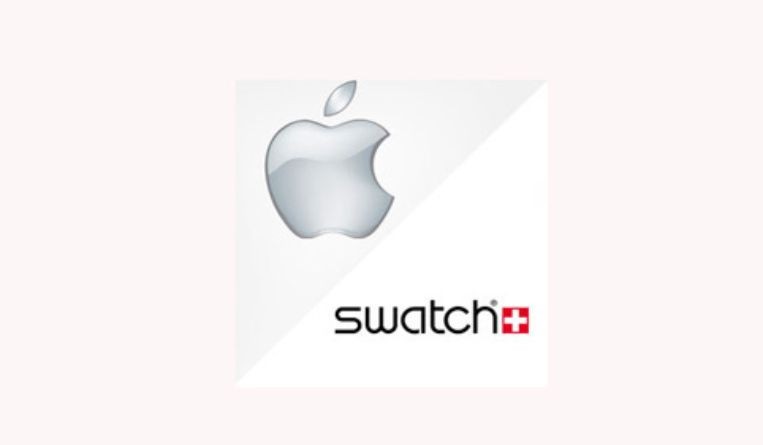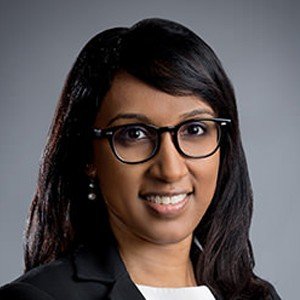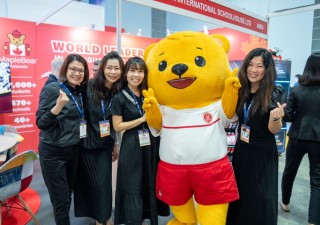Swatch AG v. Apple Inc.
28 February 2023

This decision serves as a reminder that when opposing a trademark on bad faith, opponents and their lawyers should remain disciplined in crafting pleadings and submissions.
Swatch opposed the registration of the word mark “THINK DIFFERENT” (application mark), which Apple applied for on September 12, 2018, in Class 9, alleging that Apple applied for the application mark in bad faith. Swatch registered its trademark “Tick different” in Classes 9 and 14 after Apple previously failed to oppose it.
Swatch pleaded that:
-
Apple did not intend to use the application mark;
-
Apple intended to ride on Swatch’s reputation in Swatch’s mark;
-
Apple intended to use the application mark to oppose future applications for marks using two-word expressions ending with “different”;
-
Apple was not the bona fide proprietor of the application mark.
The Registrar held that:
-
Swatch tendered insufficient evidence to establish that Apple filed to register the application mark with no intention to use it. That conclusion would be premature, especially considering the statutory mechanisms allowing the revocation of unused trademarks.
-
Swatch did not submit on Apple’s intent to ride on Swatch’s reputation. In any event, Swatch’s evidence was insufficient to prove such intent.
-
There were no reasonable grounds supporting Swatch’s allegation that Apple intended to use the application mark to oppose future applications. The IPOS tribunal previously found Swatch’s mark and the application mark more dissimilar than similar. Alleging that Apple intended to stifle competition would be speculative at best.
-
Despite Swatch’s unsubstantiated allegations to the contrary, Apple conceived and is the proprietor of the application mark.
The Registrar further noted that:
-
Swatch’s pleadings were internally contradictory; it was impossible to concurrently plead Apple’s lack of intention and Apple’s intention to ride on Swatch’s reputation.
-
Given the gravity of bad faith allegations, the Intellectual Property Office of Singapore’s tribunal will only uphold distinctly proved allegations, rather than those based on inference.
-
Apple was entitled to only 20 percent costs because it filed excessive evidence.
In light of this decision, parties and practitioners opposing a trademark based on bad faith should take note to:
-
Craft focused, full and proper pleadings which cohere with their submissions;
-
Support their allegations with facts rather than inferences or opinions;
-
Tender sufficient evidence – but nothing more – to support the opposition.









